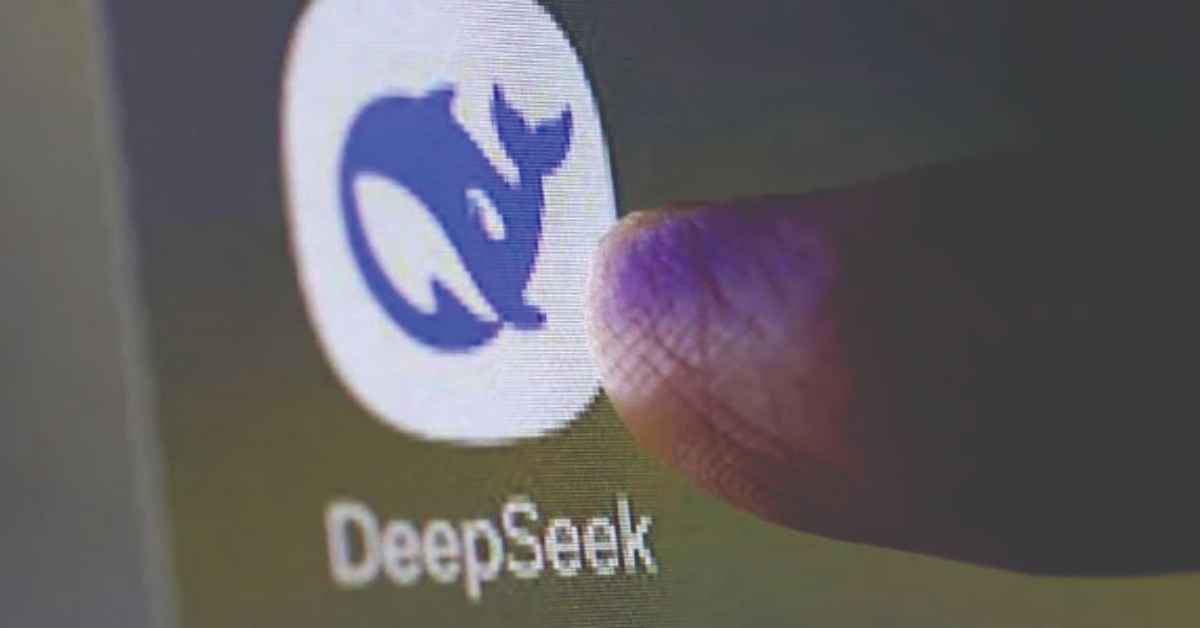South Korea Blocks DeepSeek Over Data Concerns
South Korean tech giants Samsung Electronics and SK hynix, key suppliers of advanced AI chips, remain central to the global semiconductor race.

South Korean ministries and police have restricted access to DeepSeek on work computers after the Chinese AI startup failed to respond to a request from the country’s data watchdog regarding its user information management practices.
DeepSeek, which claims to rival top artificial intelligence firms in the U.S. with significantly lower investment, launched its R1 chatbot last month.
South Korea, alongside France and Italy, sought clarity on DeepSeek’s data practices, submitting a formal inquiry about how the company handles user data.
With no response from DeepSeek, multiple South Korean ministries confirmed Thursday that they were implementing measures to prevent potential leaks of sensitive information through generative AI services.
“Blocking measures for DeepSeek have been implemented specifically for military work-related PCs with Internet access,” a defense ministry official told AFP. The ministry, responsible for active-duty soldiers stationed near nuclear-armed North Korea, also reiterated security precautions regarding generative AI usage.
The South Korean police have also blocked access to DeepSeek, while the trade ministry temporarily restricted its use on all ministry computers.
The finance ministry followed suit, stating it had “implemented measures to prohibit the leakage of personal and confidential information to DeepSeek for all employees.”
Global Restrictions on DeepSeek
Italy recently launched an investigation into DeepSeek’s R1 model and barred it from processing Italian users’ data.
Australia has similarly prohibited DeepSeek on all government devices based on security agency recommendations.
Kim Jong-hwa, an AI professor at Cheju Halla University, suggested that political factors may be influencing the response to DeepSeek amid U.S.-China tech rivalry but emphasized that security concerns justify the bans.
“Even AI models like ChatGPT face unresolved security challenges,” Kim told AFP. “Given China’s political system, I question whether they prioritize security as much as OpenAI does when developing cutting-edge technologies. Since we cannot verify DeepSeek’s security measures, taking precautionary actions is reasonable.”
DeepSeek has stated that it used H800 chips—permitted for sale to China until 2023 under U.S. export controls—to power its large learning model.
South Korea Boosts AI Investment
South Korean tech giants Samsung Electronics and SK hynix, key suppliers of advanced AI chips, remain central to the global semiconductor race.
The government announced a 34 trillion won ($23.5 billion) investment in semiconductors and high-tech industries, with acting President Choi Sang-mok emphasizing the need for Korean firms to remain agile.
“Recently, a Chinese company introduced DeepSeek R1, an AI model delivering high performance at low cost, disrupting the market,” Choi said. “The global AI race is evolving beyond infrastructure competition to include software capabilities and other strategic factors.”
